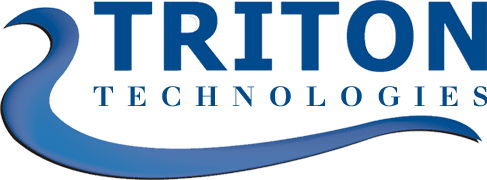As businesses approach the end of the year, preparing for cybersecurity challenges in the coming year is paramount. Recent developments and trends highlight key areas where focus and improvement are essential.
1. Adapting to New SEC Cybersecurity Rules
The Securities and Exchange Commission (SEC) has introduced new cybersecurity rules that necessitate a change in how businesses handle risk management, governance, and incident reporting. Organizations are now required to describe their processes for managing material risks from cybersecurity threats, and how these risks might impact their business strategy, operations, or financial condition. It’s essential for companies to familiarize themselves with these rules and ensure compliance to avoid potential regulatory action or litigation. This includes disclosing material cybersecurity incidents within four business days of their occurrence.
2. Ransomware and AI-Powered Attacks
The threat landscape is evolving with ransomware attacks increasingly targeting small and medium-sized businesses due to their limited resources. Companies need to bolster their cybersecurity measures with robust incident response plans. Furthermore, the rise of AI-powered attacks necessitates a proactive security strategy, where AI is used for threat detection and analysis. As AI becomes more sophisticated, it can automate various attack phases, making it crucial for businesses to stay informed and agile in their cybersecurity approaches.
3. Data Privacy Regulations and Cyber Resilience
With the expansion of modern data privacy laws, companies must stay updated with evolving regulations like GDPR and CCPA. Non-compliance could lead to hefty fines. Strengthening cyber resilience is also vital. This includes protecting critical infrastructure, regular employee training, developing incident response plans, maintaining cybersecurity hygiene, and monitoring for threats. These steps are crucial in building an organization’s ability to withstand and recover from cyber incidents.
Explore our Managed Service Offerings
Worcester’s Top Managed Service Provider
Discover Our Compliance Management Solutions
Worcester’s Leading Provider of Compliance Services
4. Modernizing Identity and Access Management (IAM) and Embracing Quantum Computing
The modernization of IAM systems is key to securing access to critical systems and data. This includes adopting passwordless and keyless authentication methods to reduce cybersecurity risks. Additionally, the advancement in quantum computing and post-quantum cryptography (PQC) algorithms requires businesses to consider future-proofing their data encryption strategies against emerging quantum threats.
5. Moving to the Cloud
Migrating to cloud environments is becoming increasingly important for enhanced cybersecurity. Cloud networks offer better security monitoring, threat detection, and recovery options. They also help reduce human error, which is a common cause of security breaches. By moving to the cloud, companies can leverage multi-layered cybersecurity approaches and benefit from expert-managed IT services.
In summary, businesses should proactively engage in updating their cybersecurity strategies, ensuring compliance with new regulations, embracing AI and quantum computing advancements, and considering cloud migration for better security. This holistic approach, encompassing everything from risk management to technology adoption, will be key to navigating the complex cybersecurity landscape in the coming year.
Discover our IT Solutions for Your Industry
Worcester’s Top Managed Service Provider



